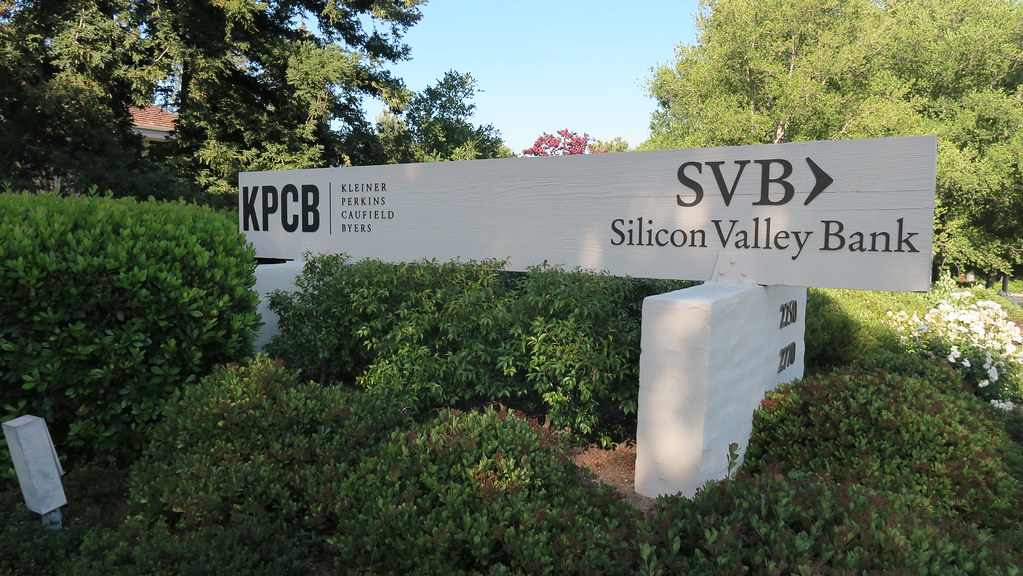Silicon Valley Bank, an institution with assets and liabilities totaling over $200 billion, crashed last weekend. Although the bank mostly catered to venture capitalist firms, many food and beverage startups and small businesses also felt the ripple effects of its fall, some of which were surviving paycheck to paycheck thanks to the only bank that would lend to them.
Considered one of the biggest bank failures in recent US history, the Silicon Valley Bank crash was caused by a “bank run,” which occurs when a majority of bank users withdraw their deposits at the same time over fears of a bank’s failure.
Silicon Valley Bank became a dependable lender for tech startups that larger financial institutions deemed too risky to invest in, which is why so many food companies decided to bank with Silicon Valley Bank. Since the Silicon Valley Bank crash created an immediate domino effect in the food tech industry, here are some of the food businesses that were impacted.
Related: How Biden’s New Biotechnology and Biomanufacturing Executive Order Will Impact the Future of Food
Plant-based honey maker MeliBio was introducing its Mellody branded honey at the Expo West trade show in Anaheim, California when it received news of the Silicon Valley Bank crash. Equii, which uses specially fermented grain to make high-protein flours for consumer packaged goods products, also heard the alarming news at the trade show. The bank held about 90 percent of MeliBio’s funds and all of Equii’s funds.
Omsom, a brand that produces all-in-one Asian sauce packets, was also impacted by the Silicon Valley Bank crash. The brand has been updating its loyal customer base via Instagram, providing transparency as to how the crash is affecting the business.
“Put simply, consumer packaged goods businesses need access to their funds to operate, and having the rug ripped from under you is hugely disruptive,” Vanessa Pham, CEO and co-founder of Omsom, told Food & Wine. “Business owners trust that the hard-earned money they have in the bank will be there every day. When that changes overnight, it creates a massive disruption operationally, financially and psychologically — especially for small teams like ours.”
The Silicon Valley Bank crash was bad news for Seattle-based food management startup Shelf Engine, a 40-person startup that uses artificial intelligence (AI) to help grocery stores reduce food waste. Not only did the bank help the company process checks and payments, but millions of dollars of the startup’s cash was locked up in the bank.
The Silicon Valley Bank crash triggered a crisis for these food startups and many others, which have relied on the bank for decades. Silicon Valley investors, executives and lenders immediately began ringing alarm bells about a potential doomsday of mass layoffs and the demise of hundreds of startups. But luckily, earlier this week, President Biden said that customers who had deposits at the bank, “can rest assured they’ll be protected, and they’ll have access to their money as of [Monday].”
Such stories are far from rare in this fallout. Before its collapse, Silicon Valley Bank’s website noted it worked with nearly half of all venture capital-backed startups in the US and almost half of all venture-backed tech and healthcare companies that went public in 2022, according to Bloomberg.












Join or login to leave a comment
JOIN LOGIN